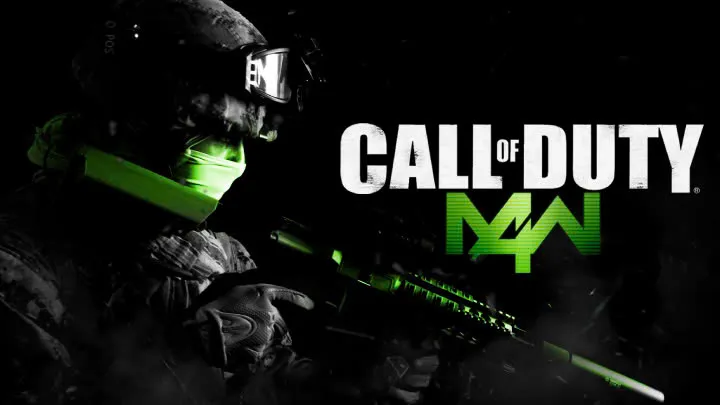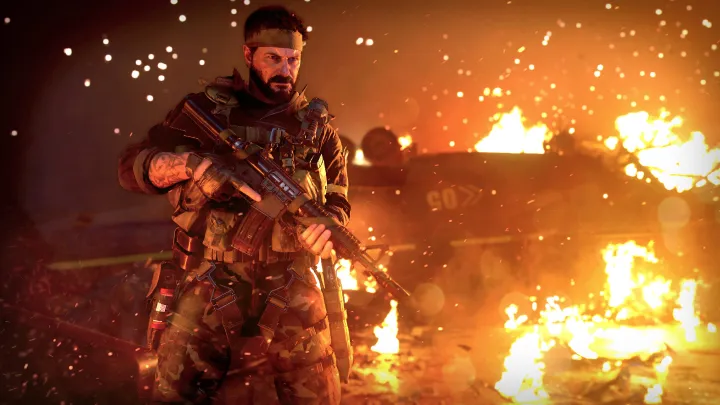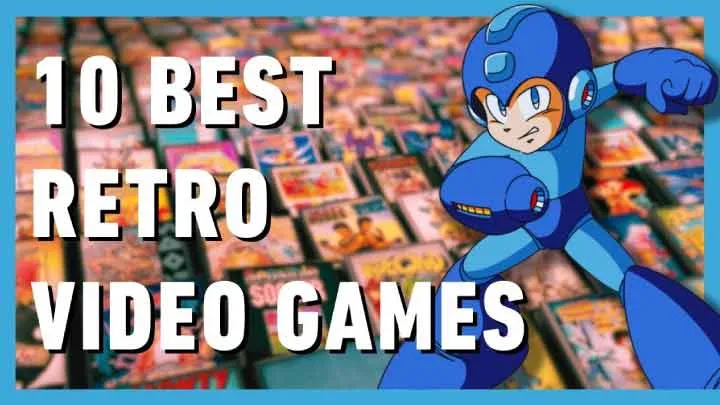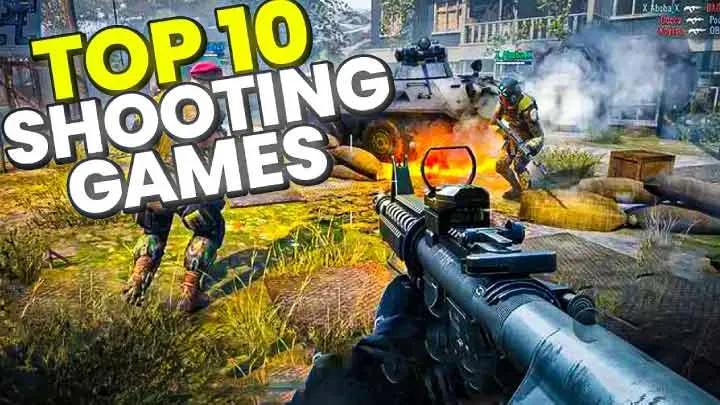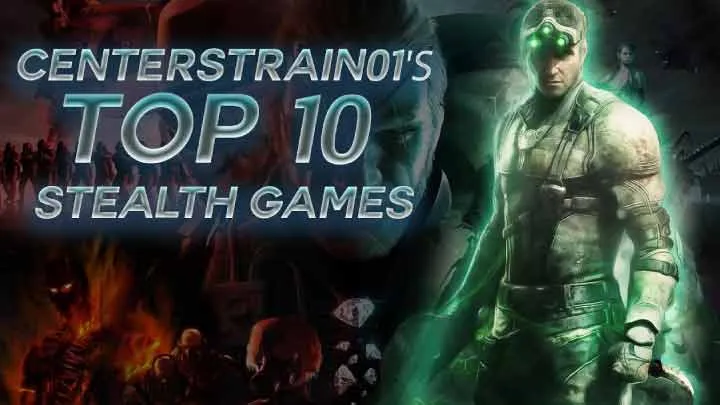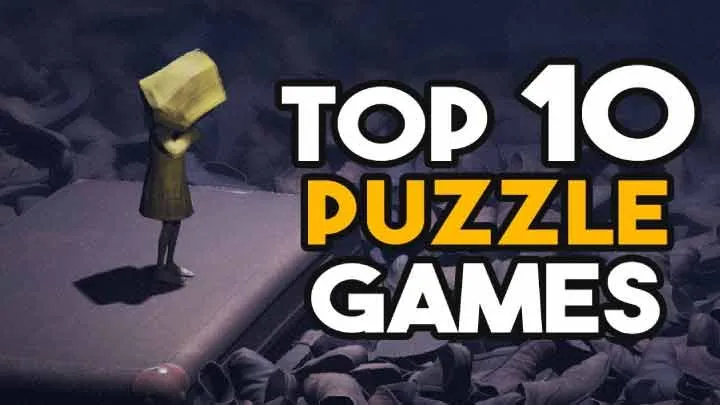Project Zomboid is beloved for its depth, realism, and modding flexibility. The game’s thriving modding community has created everything from new weapons and vehicles to complete overhauls of gameplay systems. However, this freedom comes at a cost. One of the most persistent and disruptive issues in Project Zomboid is mod compatibility—especially when mods conflict, break saves, or cause game crashes. This article explores the mod compatibility problem in depth, tracing its evolution, technical roots, and the community’s ongoing efforts to manage it. Whether you're a veteran survivor or a new player diving into the Workshop, understanding this issue is essential to keeping your apocalypse stable.
The Rise of Modding: From Vanilla to Chaos
Project Zomboid’s modding scene exploded after the game’s Steam Workshop integration. Suddenly, players could install mods with a single click, transforming gameplay instantly.
Early Modding Culture
- Mods were shared manually via forums and zip files
- Compatibility was easier to manage due to fewer mods and simpler systems
Workshop Integration
Steam Workshop made modding accessible, but also introduced complexity. With hundreds of mods available, players began stacking them without understanding dependencies or conflicts.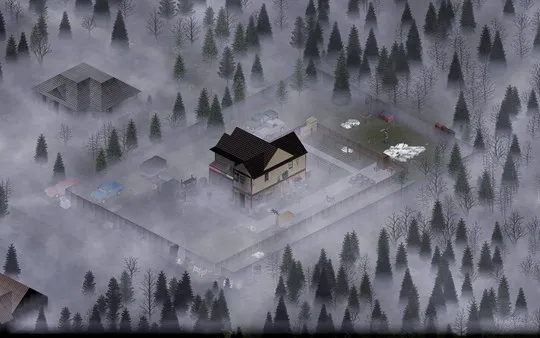
The First Signs of Trouble: Crashes and Corrupted Saves
As mod usage grew, so did reports of crashes and corrupted save files. Players began experiencing sudden game shutdowns, missing items, and time skips after loading back in.
Common Symptoms
- Red error messages in the bottom-right corner
- Game freezing during crafting or building
- Save files fast-forwarding time or losing progress
Technical Root Causes
Many issues stem from outdated mods, missing dependencies, or overlapping code. When two mods modify the same system—like building or inventory—they can clash and destabilize the game.
Debugging the Apocalypse: How to Identify Problematic Mods
Identifying which mod is causing an issue can be daunting. The game’s error logs are cryptic, and mod names aren’t always clearly listed.
Manual Debugging
- Open console.txt in the Zomboid logs folder
- Search for keywords like “ERROR” or “EXCEPTION”
- Cross-reference error lines with mod folders
Community Tools
Sites like Zomboid Mod Error Finder allow players to paste log files and identify problematic mods. While helpful, these tools aren’t foolproof and require trial-and-error testing.
The Domino Effect: How One Mod Can Break Many
A single broken mod can cascade into multiple failures. Mods often rely on shared frameworks or interact with each other in subtle ways.
Dependency Chains
- Some mods require base libraries like “ModTemplate” or “Hydrocraft Core”
- Removing one mod can disable several others
Example Scenario
Removing a farming mod might break food crafting, which in turn disables survival mechanics. Players often don’t realize the interconnected nature of their mod list until something goes wrong.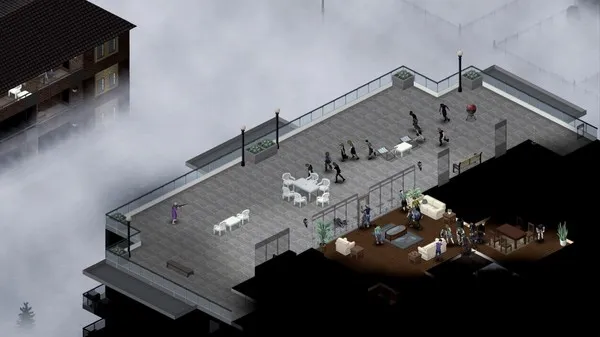
Multiplayer Madness: Mod Syncing and Server Instability
Mod compatibility issues are magnified in multiplayer. All players must have identical mod lists, and even minor version mismatches can crash servers or desync gameplay.
Server-Side Challenges
- Mods must be manually synced across all clients
- Host must ensure all mods are updated and compatible
Player Frustration
Joining a server often requires downloading dozens of mods. If one is outdated or missing, players are kicked or experience bugs. This discourages casual multiplayer engagement.
Update Anxiety: When Game Patches Break Mods
Every time Project Zomboid updates, modders scramble to fix broken content. Even minor changes to game code can render mods unusable.
Patch Fallout
- Mods that modify UI, crafting, or combat often break
- Players must wait for mod authors to release updates
Community Response
Some modders abandon projects, leaving popular mods unsupported. Players must either remove these mods or risk instability. This creates anxiety around game updates and discourages experimentation.
Best Practices for Modding Safely
To avoid compatibility issues, players must adopt disciplined modding habits. This includes testing, organizing, and backing up regularly.
Safe Modding Checklist
- Backup your save folder before adding new mods
- Add mods one at a time and test thoroughly
- Use mod managers to track dependencies and updates
Folder Hygiene
Keep your Workshop folder clean. Delete unused mods and avoid stacking mods that modify the same systems. Read mod descriptions carefully for compatibility notes.
The Role of Mod Authors: Communication and Maintenance
Mod authors play a crucial role in maintaining stability. Clear documentation, regular updates, and community engagement can prevent many issues.
What Good Mod Authors Do
- Provide changelogs and compatibility notes
- Respond to bug reports and update promptly
- Avoid modifying core systems unless necessary
The Problem of Abandonment
Many mods are abandoned, leaving players with broken content. The community often forks these mods, but without original access, fixes are limited.
The Devs’ Dilemma: Supporting Mods Without Breaking the Game
The Indie Stone supports modding but faces a balancing act. They must update the game while minimizing disruption to the modding ecosystem.
Developer Strategies
- Provide stable APIs for modders
- Communicate changes in advance
- Encourage modular design to reduce conflicts
Long-Term Solutions
A built-in mod conflict detector or sandbox mode for testing could help. Better integration between Workshop and game logs would also streamline debugging.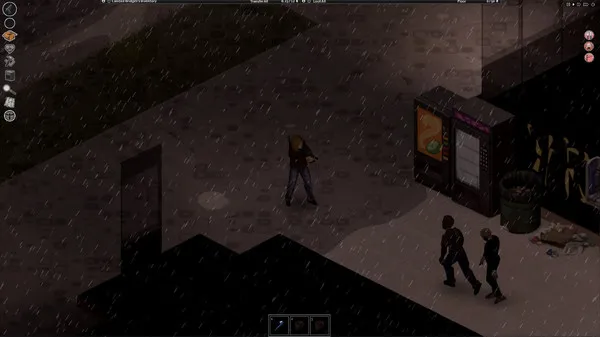
Toward a Stable Apocalypse: Community Solutions and Future Fixes
The community has proposed several solutions to improve mod compatibility. These range from better tools to shared standards for mod development.
Proposed Fixes
- Universal mod manager with conflict detection
- Mod certification system for compatibility
- Shared libraries to reduce redundant code
Final Thoughts
Modding is both a gift and a curse in Project Zomboid. With better tools, communication, and discipline, players can enjoy a rich, stable experience. But without these, the apocalypse becomes a minefield of crashes and corrupted saves.
Conclusion
Project Zomboid’s modding flexibility is one of its greatest strengths—but also its most volatile weakness. As the game grows and the community expands, mod compatibility issues continue to threaten stability, especially for players who stack mods without understanding their interactions. From corrupted saves to multiplayer desyncs, the consequences are real and disruptive. By adopting best practices, supporting mod authors, and pushing for better tools, the community can tame the chaos and build a more resilient apocalypse








